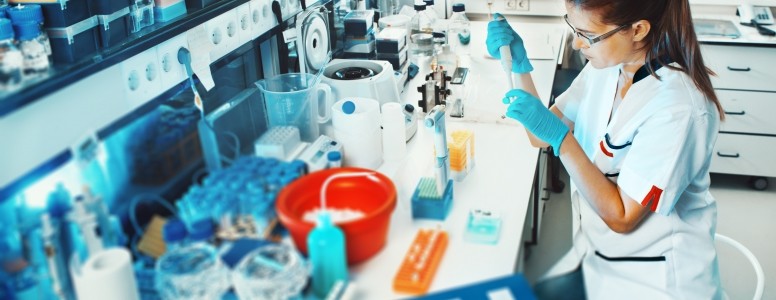US researchers have for the first time transformed human stem cells into cells that produce insulin, marking a significant breakthrough in type 1 diabetes research.
Scientists from the University of California San Francisco (UCSF) have solved a problem which has long challenged researchers, in a study on mice.
By creating insulin-producing cells from stem cells, scientists plan to use these findings to further advancement of treatments such as islet cell transplantatio, which can help people with type 1 diabetes achieve insulin independence for several years.
Islet cell transplantation is an exciting treatment and possibly an eventual alternative to insulin injections. But one of the problems with islet cell transplantation is that immunosuppressant drugs are required to protect the cells. This can hold back the immune system, and increase the risk of infection. Researchers are excited their discovery could have implications for improving the treatment’s efficacy, however the findings will now need to be replicated in human studies.
Stem cells have been explored by researchers for many years in a bid to convert them into insulin-producing cells (beta cells), but scientists have often come stuck.
“The cells we and others were producing were getting stuck at an immature stage where they weren’t able to respond adequately to blood glucose and secrete insulin properly. It has been a major bottleneck for the field,” said senior author said Matthias Hebrok, PhD, the Hurlbut-Johnson Distinguished Professor in Diabetes Research at UCSF and director of the UCSF Diabetes Center.
Hebrok’s team applied a new strategy to ensure the stem cells secreted insulin properly. They artificially separated the pancreatic stem cells from the rest of the pancreas, and reformed them into clusters of islets, or insulin-producing cells.
This reformation enabled the beta cells to respond to blood glucose following transplantation and, within days, started to produce insulin in a similar way to the animals’ own islets.
“We’re finally able to move forward on a number of different fronts that were previously closed to us. The possibilities seem endless,” added Hebrok.
Hebrok’s team is currently working on making the cells transplantable without the need for immunosuppressant drugs using CRISPR gene editing.
The findings have been published online in Nature Cell Biology.
What's new on the forum? ⭐️
Get our free newsletters
Stay up to date with the latest news, research and breakthroughs.


